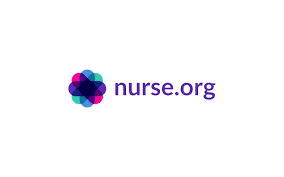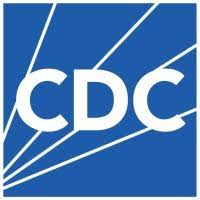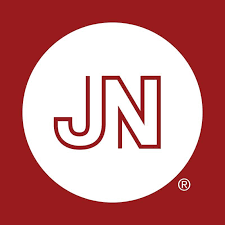
Editor's Note A Johns Hopkins team is reporting unprecedented success in preventing pancreatic cancer recurrence by combining pre-surgical and intraoperative radiation focused on a key anatomical area near the pancreas, News Medical Life Sciences October 30 reports. Citing a Johns Hopkins Medicine preliminary study, this approach reportedly reduced recurrence around…

Editor's Note In an opinion piece published by STAT on October 30, authors Judy Stone, MD, retired infectious disease physician, medical journalist, and author, and Judith Feinberg, MD, professor of medicine/infectious disease and professor of behavioral medicine and psychiatry at the West Virginia University School of Medicine, argue that new…

Editor's Note Senator Bernie Sanders and nurse leaders are demanding immediate federal action to address what they describe as a national nurse staffing crisis that is driving moral distress among nurses and putting patients at risk, Nurse.org October 27 reports. A US Senate HELP Committee hearing spotlighted compelling testimony from…

Editor's Note Patients’ social conditions, language, and sleep patterns may play a larger role in surgical recovery than previously recognized, according to three studies presented at the ANESTHESIOLOGY® 2025 annual meeting that took place on October 10–14. Researchers from the University of California, San Diego, found patients facing food insecurity…

Editor's Note The Centers for Disease Control and Prevention (CDC) has updated its immunization schedules to emphasize individual-based decision-making for COVID-19 vaccination and to recommend that toddlers receive a standalone varicella (chickenpox) vaccine rather than the combined measles, mumps, rubella, and varicella (MMRV) shot, a CDC October 6 release reports.…

Editor's Note Elective surgical procedures such as cholecystectomy and hernia repair can be performed safely in carefully selected patients with cirrhosis, but high-risk individuals still need alternatives, according to an updated American College of Gastroenterology guideline, Medscape October 3 reports. The guideline emphasizes individualized risk stratification that integrates liver disease…

Editor's Note The dismantling of the National Institute for Occupational Safety and Health (NIOSH) jeopardizes worker safety nationwide and risks reversing decades of progress, New England Journal of Medicine October 4 reports. In April, sweeping federal workforce reductions eliminated more than 80% of NIOSH staff, closing laboratories and freezing core…

Editor's Note Older adults with a body mass index (BMI) in the overweight range had significantly lower odds of death after major elective surgery compared with those in the normal BMI category, an August 26 study published by JAMA Network reports. The cohort study followed 414 adults aged 65 years…

Editor's Note The Food and Drug Administration (FDA) has issued four medical device recalls and early alerts between September 23 and 30, covering Automated Impella Controllers, Olympus ViziShot 2 FLEX (19G) endoscopic aspiration needles, 3M Ranger blood and irrigation fluid warming systems, and BD Alaris infusion pump sets. The notices…

Editor's Note NDM-producing carbapenem-resistant Enterobacterales are climbing fast and straining treatment choices, according to a September 23 release from the Centers for Disease Control and Prevention (CDC) and published in the Annals of Internal Medicine. The agency warns NDM-CRE infections rose more than 460% in the US from 2019 to…